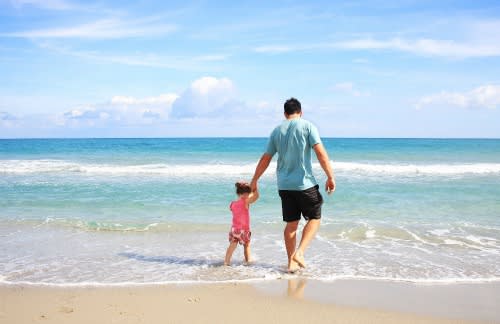I Have Breast Cancer: What Do I Tell My Children?
Published: May 05, 2017l
Helen Pass, MD, Director of Breast Surgery and Co-Director, Breast Center
We're Here to Help
Learn about Stamford Health's Breast Center support services.
If you have questions, call 203.276.PINK (7465).
As a parent, your first instinct is to protect your child from being upset, scared or hurt. That’s a perfectly reasonable mindset. But how do you hold it together when you’re the one who’s facing all of these emotions after your recent diagnosis of breast cancer?
Telling your kids you have breast cancer adds another difficult step to the mix. What’s the best approach to break the news? How do you answer difficult questions? How much of this will they actually comprehend?
Knowing kids are curious by nature, here are some tips that might help you both through this journey.
1. Plan Ahead
Don’t talk to your child in the heat of the moment; he or she deserves your preparation and undivided attention. Make a plan with another loved one, the cancer center’s social worker, your navigator, or even a therapist if you have one. Think through when and how you’ll bring up your breast cancer diagnosis. Try to keep your answers truthful and age appropriate. If your child is very young, it may help to explain that there are many parts to the human body and when someone has cancer, one of those parts stops working the right way. Older children will expect and need more detailed information. Hopefully, some of the information below will help you through this process.
2. Honest is the New Normal
All except the very youngest of children probably suspect something is going on. They have noticed that you seem upset, or have had to go to many appointments. Explain that you wanted to learn about what you had and how it was going to treated before telling them so that you could answer their questions honestly. Reassure your child that you’re still a family and therefore a great team despite your newfound sickness. Explain that there may be times when you do not feel up to doing some of the usual things. You can and should be level with them when it comes to sitting out on soccer practice or the dance recital, but you can spend time with them doing quieter activities such as watching a movie, reading or even snuggling. They just want to know you still love them.
3. Consider Calling the School
It's important that the school is aware of this new major stressor in your child’s life. If your child is distracted or begins to have difficulty, the teachers will be more sympathetic and able to respond appropriately if they have been kept in the loop. You may choose to reach out to the teachers personally or by email. Or you may wish to ask the guidance counselor or principal to let the teachers know. This is also a task you can ask a close friend to do for you. Remember, your friends want to help and are usually glad when they can assist with a specific task. Having a friend tell is especially useful if you do not feel up to answering all the questions and repeating yourself many times. Finally, the topic of cancer may come up in your child’s course of study. If they are forewarned, a teacher may help him or her better prepare for the lesson plan.
4. Field Difficult Questions
You’ll probably encounter the following scenarios. Here are some suggested responses.
Child: Is it my fault?
You: Of course not. Things like this are no one’s fault. Cancer is one of those sicknesses that has a mind of its own.
(This is, perhaps, one of the most important points to emphasize!)
Child: Is it contagious?
You: No, you can’t catch it from someone else. Cancer isn’t like the flu or stomach bug; it’s a different way of being sick.
Child: What’s going to happen to you?
You: I’m a healthy person and I’m working very hard to stay healthy. I have some great doctors who are on my side. I am going to require some treatment and as I learn more I will share with you what I know.
(Obviously, this is the hardest question to answer. You may want to fulfill your child’s curiosity further by bringing home age-appropriate books or finding kid-friendly vocabulary related to the topic.)
Child: What kind of treatment will you need?
Your answer will obviously need to be tailored to what treatment you will require.
You: I am going to have surgery, but I will be fine. I will need you to be gentle with me after surgery, and will not be able pick you up for a while, but we can still snuggle.
(Warn them if you are going to need to stay in the hospital after surgery.)
Or:
Medicine for cancer is a little different. There’s something called chemotherapy, or chemo, which is very strong because it attacks all the bad parts to stop the cancer from growing. There are different types of chemotherapy and some types can make you feel sick.
Child: Are you going to quit work?
You: We’ll see what happens, but my plan is to stay the busy mom that I am and keep working. I don’t know for sure how I am going to feel, so it’s possible I might take some time off.
Child: Why did you have to tell me? Now I’m sad.
You: I told you because we’re in this together and breast cancer is very hard to keep secret. I am going to need some extra rest and be careful after surgery. Sometimes, the medicine makes people lose their hair or feel tired and even sick. I didn’t want you to worry in case that happens, so that’s why I’m talking to you now.
Sources cited:
http://blog.dana-farber.org/insight/2012/05/how-to-help-your-kids-cope-with-your-cancer/






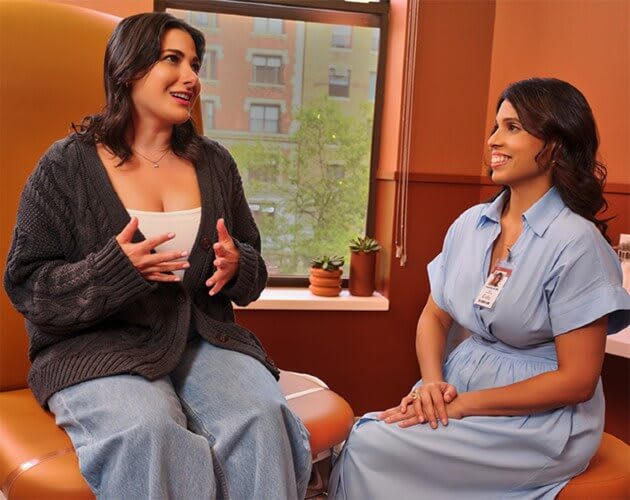


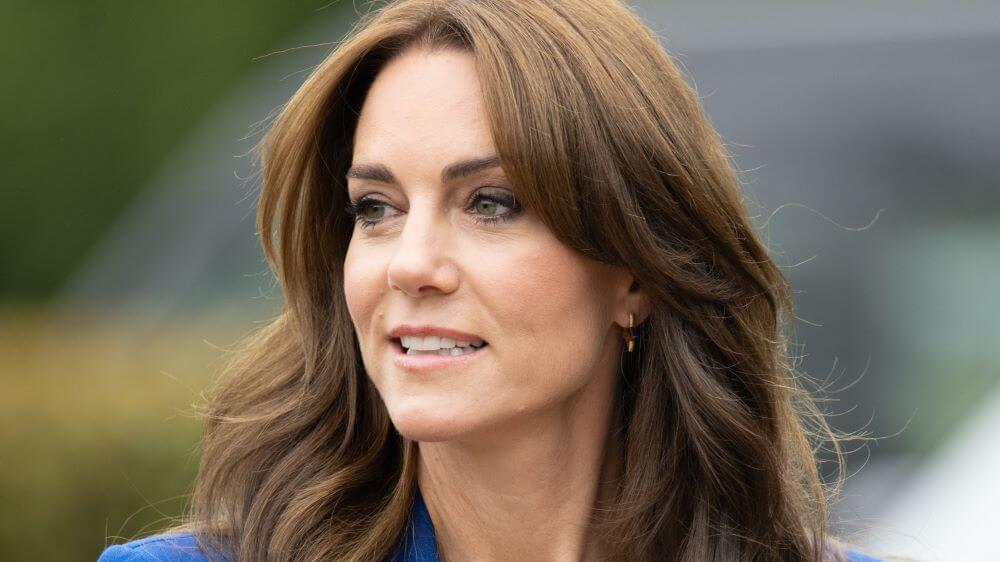

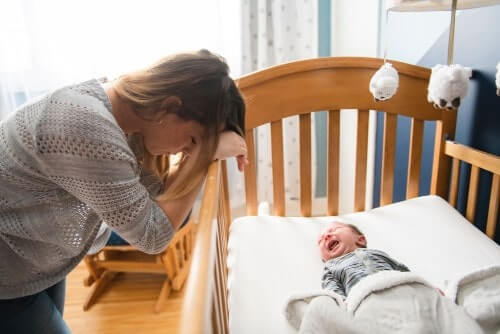



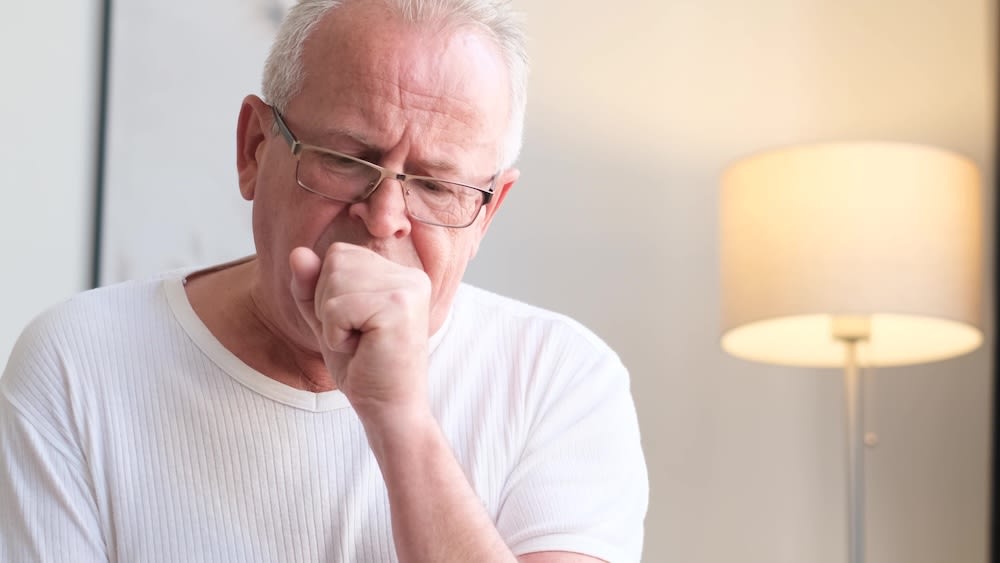


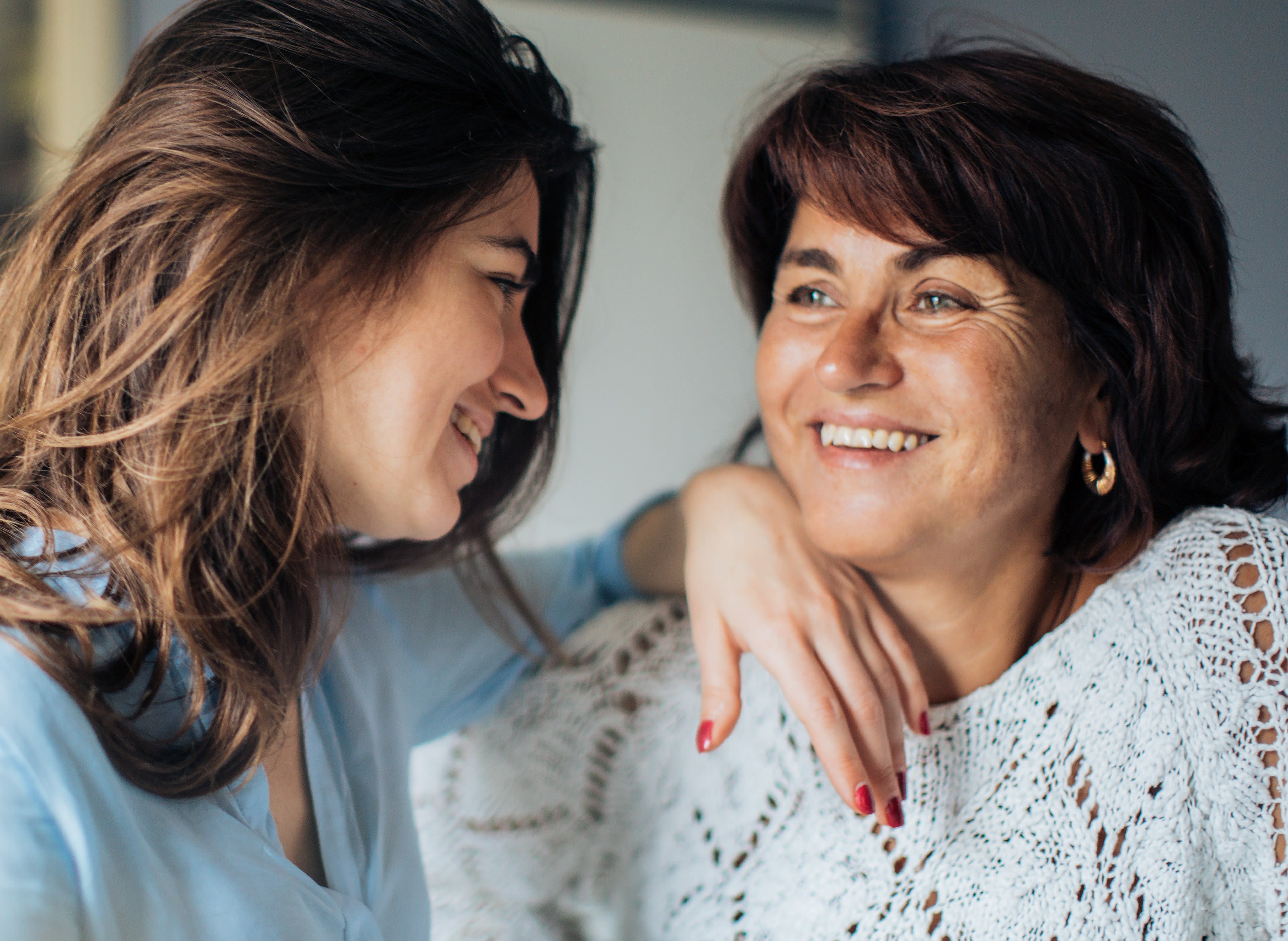




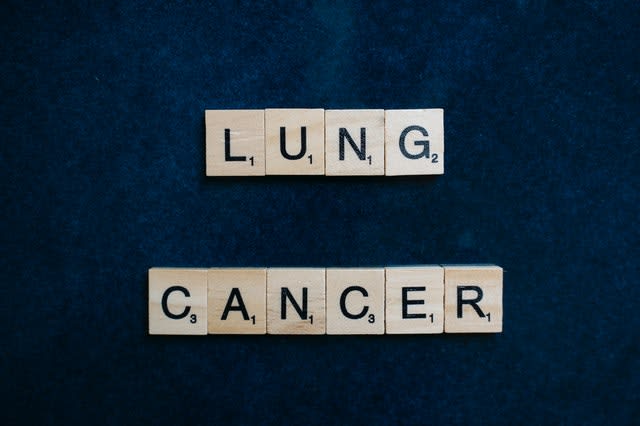

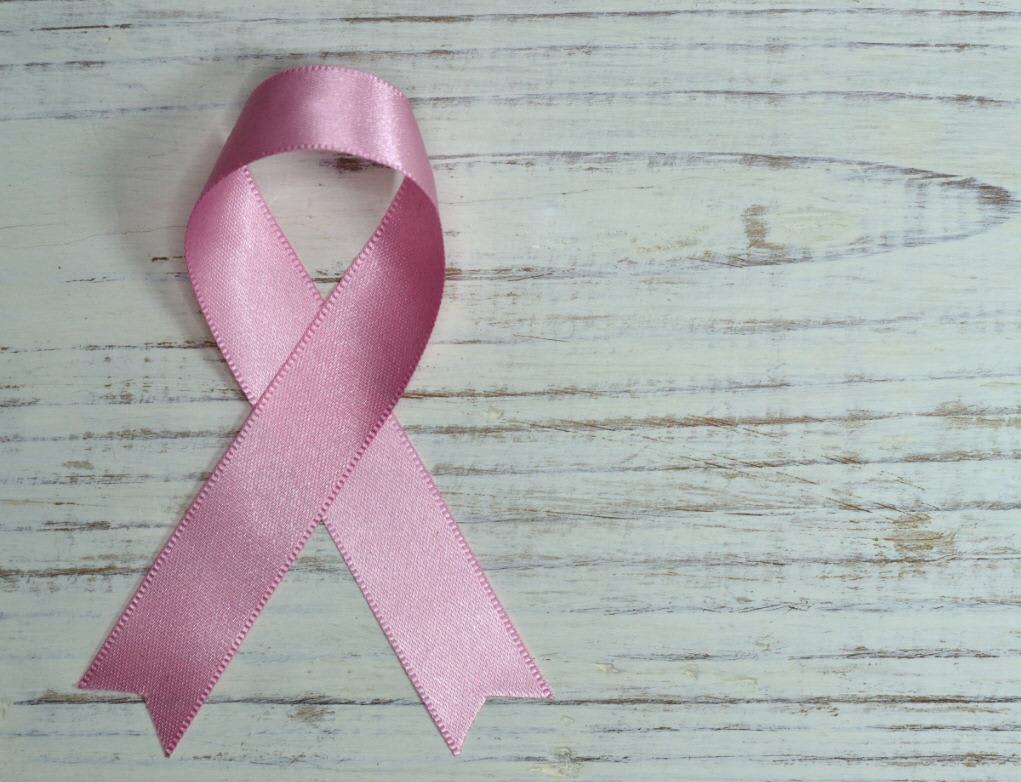
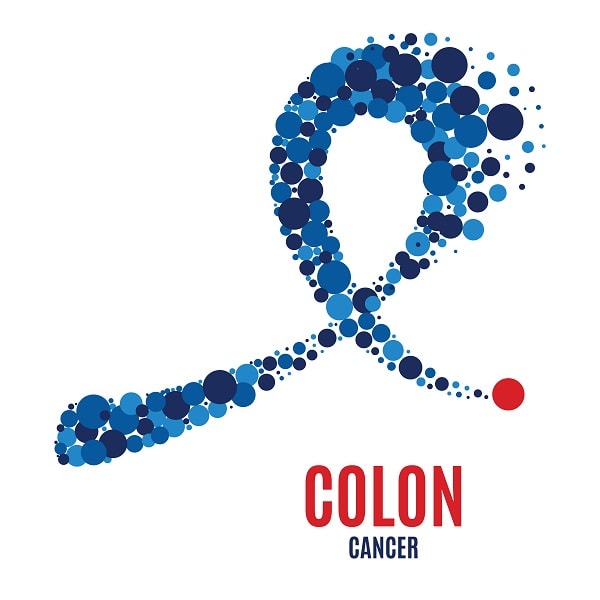
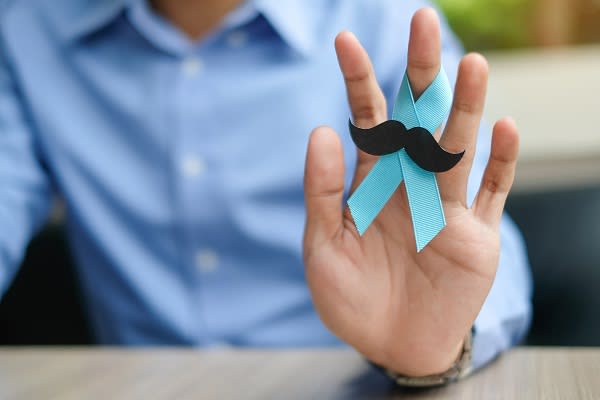
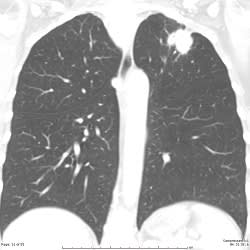





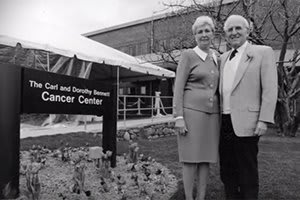





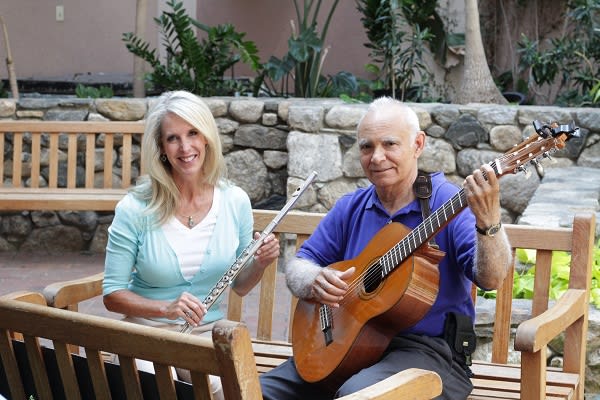
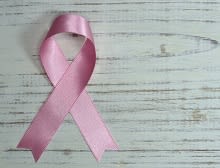
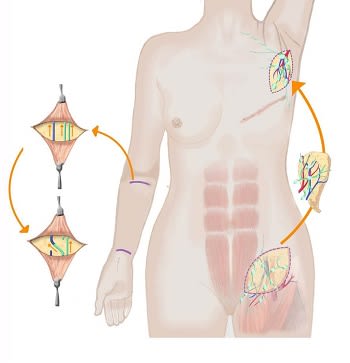





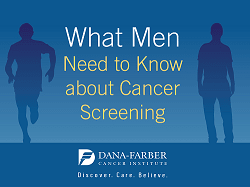
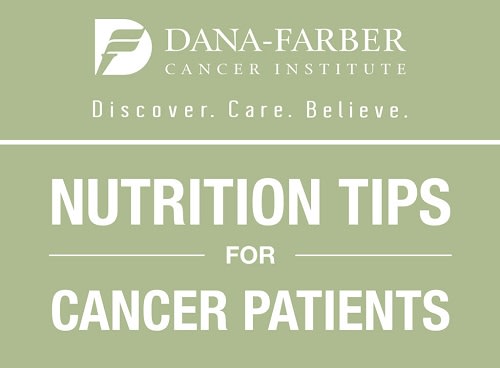





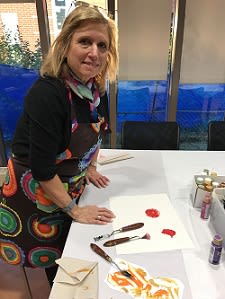
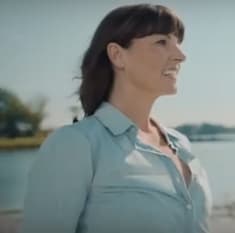












)


)

)
)

